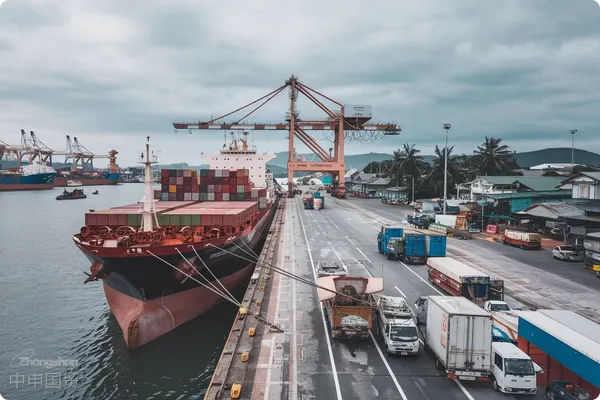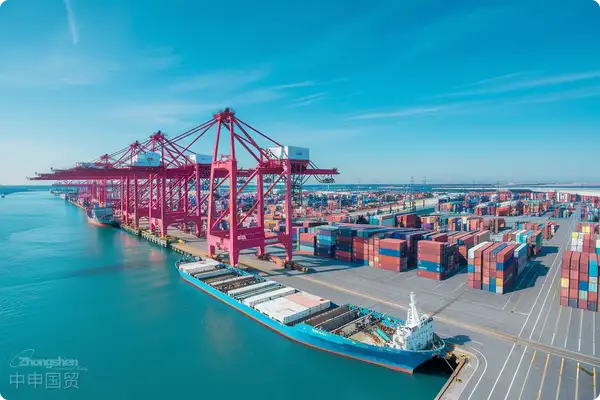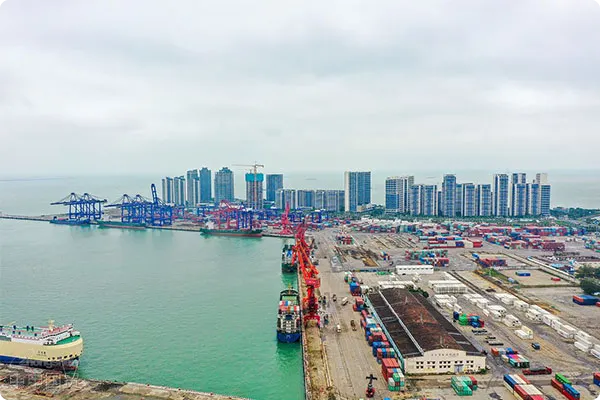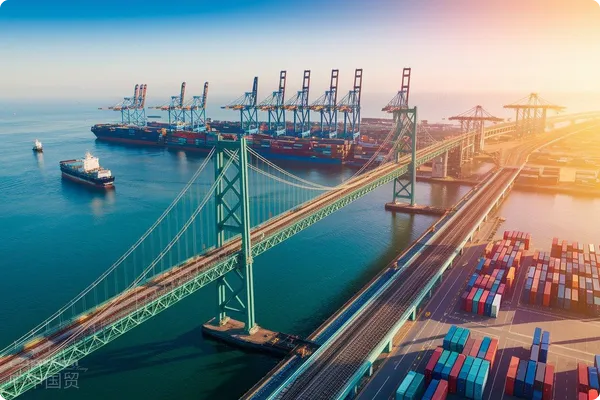- Shanghai Zhongshen International Trade Co., Ltd. - Two decades of trade agency expertise.
- Service Hotline: 139 1787 2118
Unexpected risks reveal that even in seemingly stable cooperative relationships, risks still lurk. Through two specific cases, we can deeply understand the risks that may be encountered in border import business.
Common Risk Types and Case Analysis
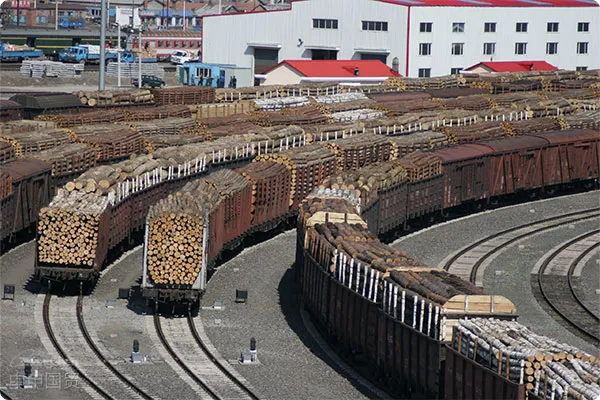
Risk Management Suggestions
Enterprise A, a timber import company located in Suifenhe, has maintained long - term trade relations with its Russian partners and adopts the payment - upon - receipt - of - goods transaction mode. On the surface, the risk of this mode is almost zero, but in the actual operation process, the enterprise found that the actual quantity of goods often differs from the contract agreement, whether it is over - delivery or under - delivery. Especially in the case of under - delivery, although the Russian side promised to re - deliver, it often fails to fully fulfill the promise. Due to the low efficiency of cross - border recovery and the reluctance to hurt the face of long - term partners, the enterprise often cannot recover the losses of the difference part.
The example of Enterprise A vividly shows that even under the payment - upon - receipt - of - goods mode, enterprises may still face the risk that the quantity of goods does not match the contract agreement. In this case, the enterprise can choose to accept the over - delivered part, but if there is under - delivery, it needs to negotiate with the supplier for re - delivery, and the re - delivery process is often full of uncertainties. This not only affects the normal operation of the enterprise but may also lead to economic losses.
Transportation Timeliness and Cargo Value Risk
Enterprise B is located in Fuyuan and is also engaged in the timber import business. Due to the limitation of railway transportation capacity, the arrival time of goods often greatly exceeds the contract regulations, resulting in a decline in market demand and a depreciation of goods, causing losses to the enterprise. This situation is not an isolated case but a common problem faced by many enterprises engaged in border trade.
The experience of Enterprise B reflects another risk - the decline in market demand and the depreciation of goods caused by transportation delays. Especially for bulk commodities such as timber, the market price fluctuates greatly, and the uncertainty of transportation time greatly increases the operating risks of import enterprises.
In response to the above risks, Sinosure has put forward several specific suggestions and measures to help enterprises reduce the risks of border import business.
Goods Quantity Difference Risk
Sign a Detailed Business Contract
A detailed business contract is the first step in preventing risks. All key terms such as the quantity, quality, delivery and payment conditions of the goods should be clearly defined in the contract, and strict provisions should be made for liability for breach of contract. In this way, once a dispute occurs, the enterprise has a legal basis for safeguarding its rights.
Beware of Over - reliance on Fixed Partners
Long - term cooperation can build trust, but over - reliance on fixed partners may cause enterprises to ignore potential risks. Enterprises should remain vigilant, regularly evaluate the stability and reliability of cooperative relationships, and avoid losses caused by excessive trust.
Insure Credit Insurance and Establish a Risk Control System
Credit insurance is an effective means to deal with uncertain risks. By insuring, enterprises can transfer trade risks to insurance companies to a certain extent, thus reducing economic losses caused by the default of partners. At the same time, it is also essential to establish a complete risk control system and regularly evaluate partners.
Through the above cases and suggestions, it is not difficult to find that the risks in border import business are multi - faceted, involving many links such as contract execution, goods transportation, and market fluctuations. Enterprises need to establish a complete risk management and control mechanism, combined with the suggestions and services of professional institutions such as Sinosure, to effectively identify and prevent these risks.
Analysis of Export Risk Index to Malaysia: New Opportunities for Small, Medium and Micro - sized Enterprises
Related Recommendations
Knowledge Base
Contact Us
Email: service@sh-zhongshen.com
Related Recommendations
Contact via WeChat

© 2025. All Rights Reserved.沪ICP备2023007705号-2 PSB Record: Shanghai No.31011502009912
PSB Record: Shanghai No.31011502009912

